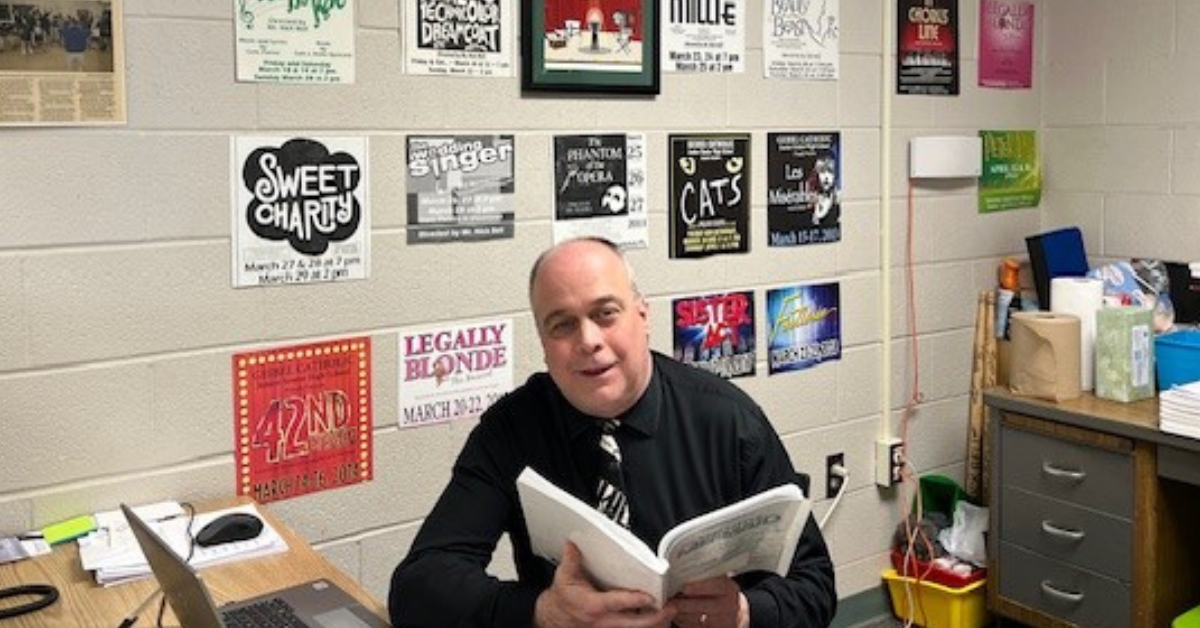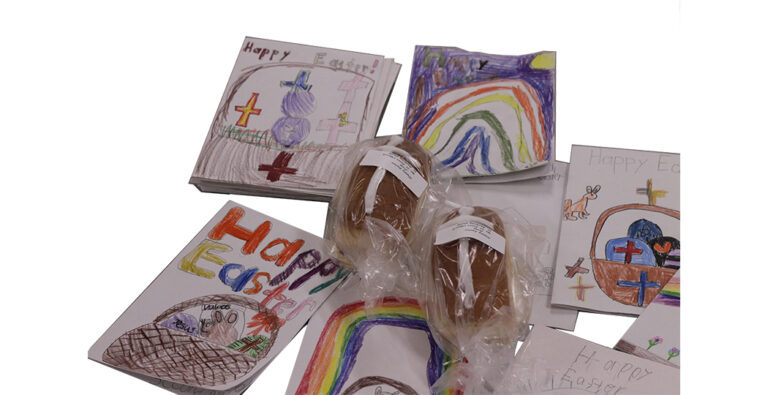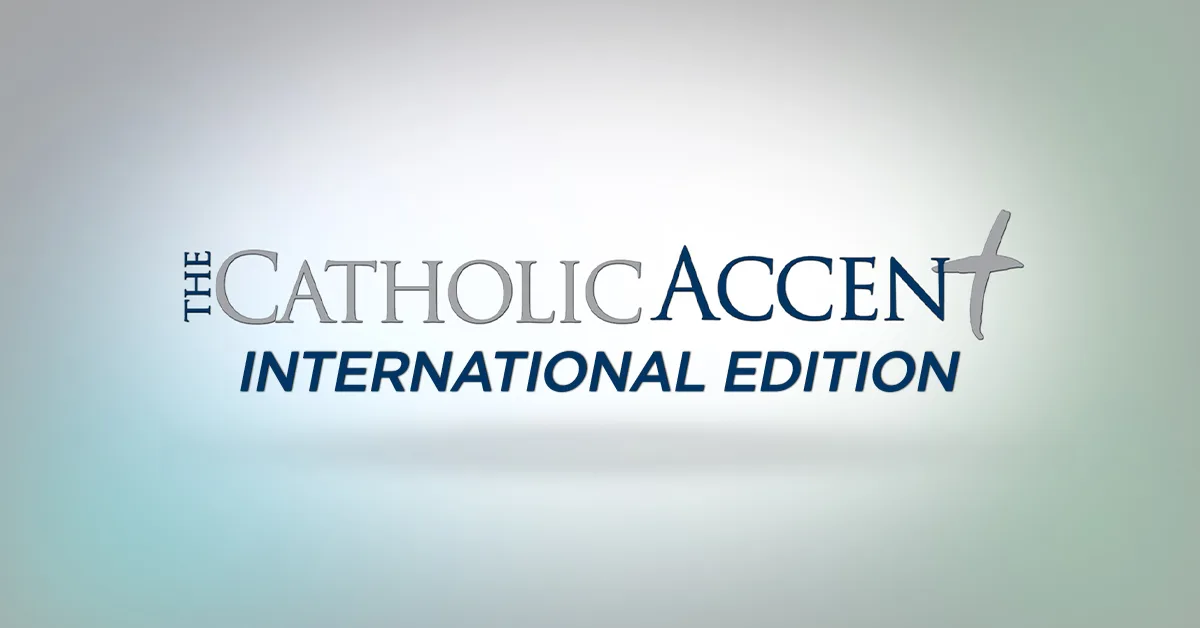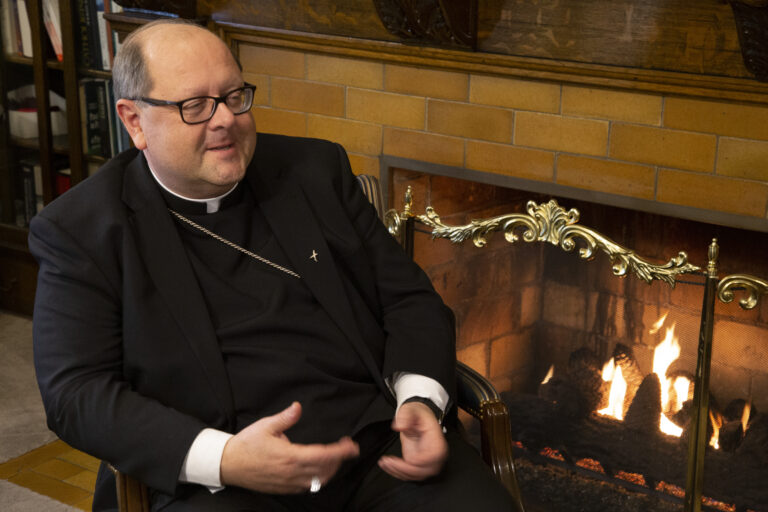
Mental Health First Aid for Trauma Survivors: Catholic Charities Can Be Part of the Healing Process
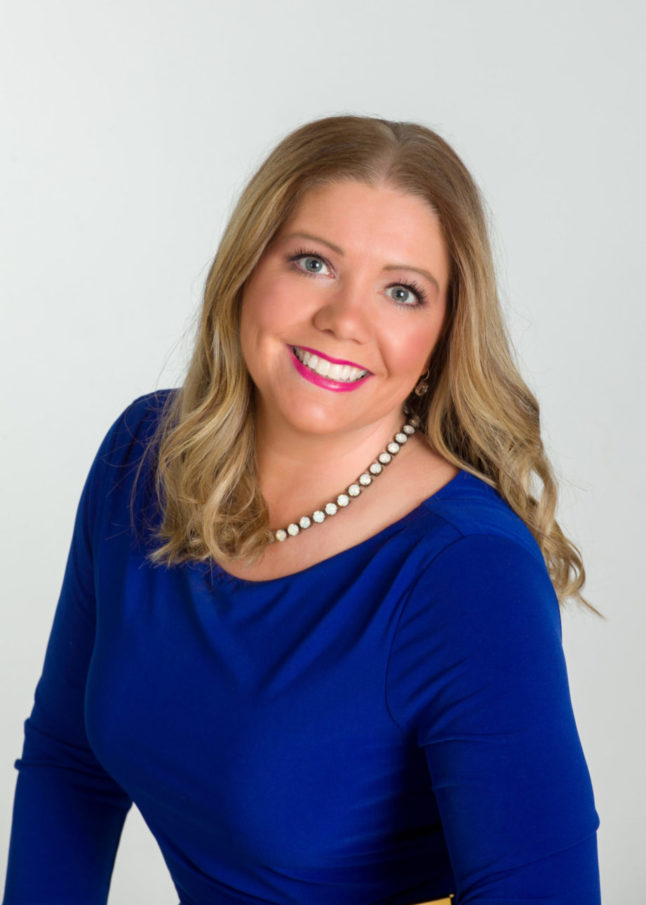
- Posted on
- in
- ARCHIVED
MENTAL HEALTH
FIRST AID
FOR TRAUMA SURVIVORS
Catholic Charities’ services can be part of the healing process
BY JENNIFER MIELE
Would you recognize the symptoms of trauma if you saw them? Suzanne Dzvonick, founder of RISE Westmoreland, says most people mistake the signs of trauma for depression in adults and unruly behavior in children. That is why she developed a training for educators and volunteers that covers all the bases: Recognize, Intervene, Support and Educate.
She likens the training to a sort of mental health first aid.
“Especially for events that can impact a person’s inner circle like divorce, illness, incarceration, drug addiction or any form of abuse,” says Dzvonick, a teacher in the Gateway School District.
Dzvonick applauds the efforts of the Diocese of Greensburg, which has trained more than 15,000 clergy, staff and volunteers over the last 15 years to recognize when a child may be in danger and how to immediately report it.
Those working or volunteering in the diocese must undergo a series of state and federal background checks, including fingerprints, mandatory reporter training and Virtus, a best-practices program designed to help prevent wrongdoing and promote correct actions in religious organizations.
Dzvonick says counseling provided by entities like Catholic Charities of the Diocese of Greensburg is pivotal to the emotional healing process after trauma. But often access to mental health providers is limited.
Msgr. Raymond E. Riffle, managing director of Catholic Charities, says the first step to healing is a phone call away.
“It is a Catholic outreach, but it is an outreach to anyone. Regardless of your faith or beliefs, you are welcome,” Msgr. Riffle says.
Counseling is available at Catholic Charities’ main office in Greensburg and at offices in New Kensington, Kittanning, Uniontown, and Indiana.
“All of our counselors are certified mental health specialists. They all have licenses in one of the disciplines — counseling, clinical social work, marriage and family therapy,” says Dr. Paul Niemiec, director of counseling services.
Access to mental health care is imperative for anyone who has suffered emotional trauma.
“They need help before it gets to the point where they need to be hospitalized or they, themselves, begin to victimize someone else,” he said.
Dzvonick remembers seeing far too many acts of violence inside schools and began looking for a public health approach.
“It just isn’t there,” she says.
Dzvonick’s training, RISE Westmoreland is now available at www.dioceseofgreensburg.org under the Youth Protection tab.

Suzanne Dzvonick is a teacher and youth mental health first aid provider. She trains local educators and volunteers in trauma-informed practices. Her training is available at www.dioceseofgreensburg.org under the Youth Protection tab.
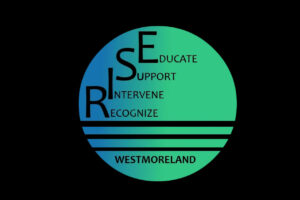
Dr. Paul Niemiec, director of counseling services, and Msgr. Raymond E. Riffle, managing director of Catholic Charities for the Diocese of Greensburg, encourage anyone in need of counseling to call 724-837-1840 or e-mail [email protected].
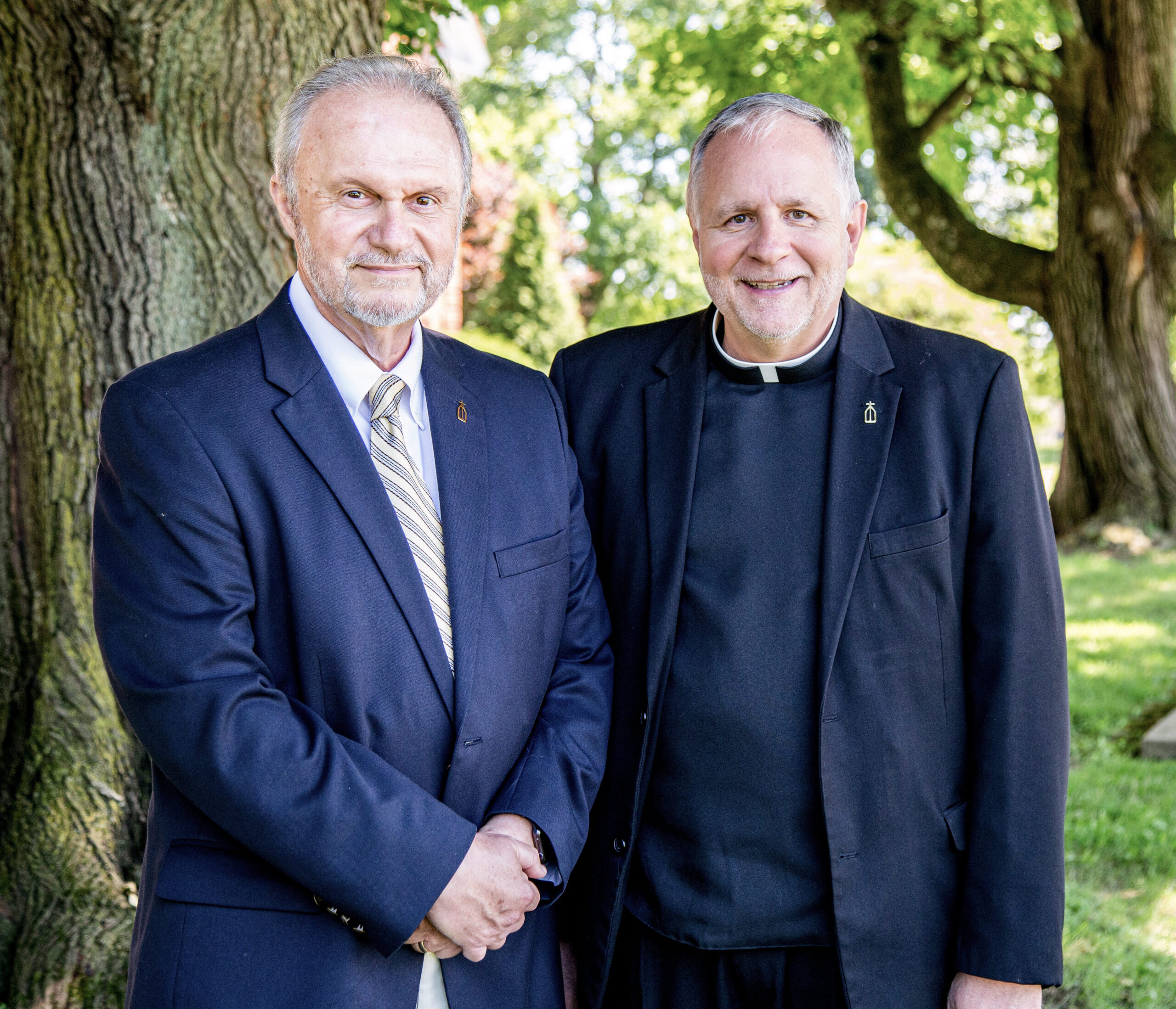
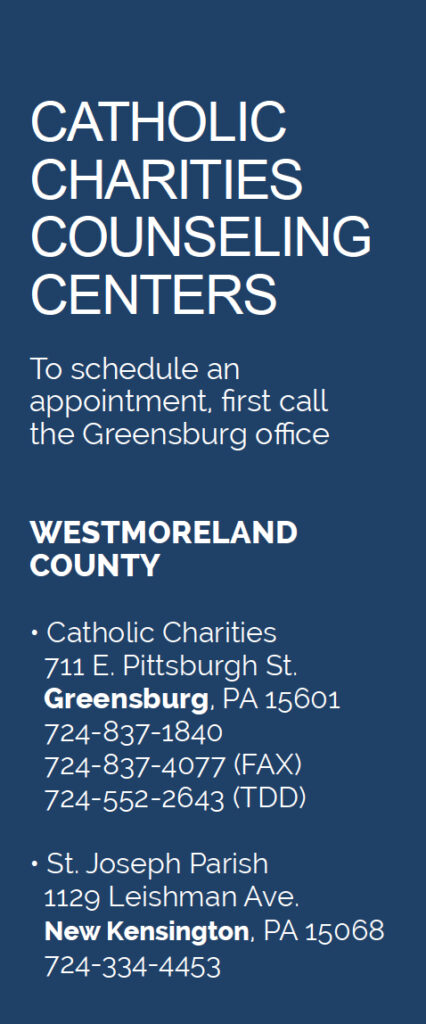
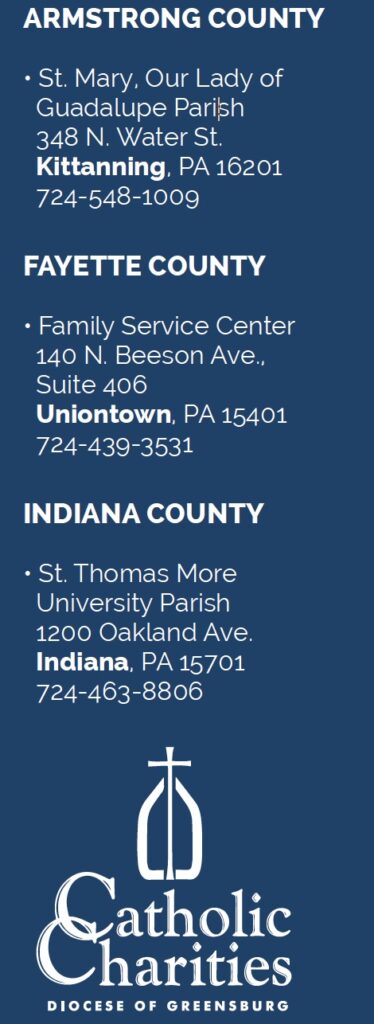
- Tags:
RELATED STORIES
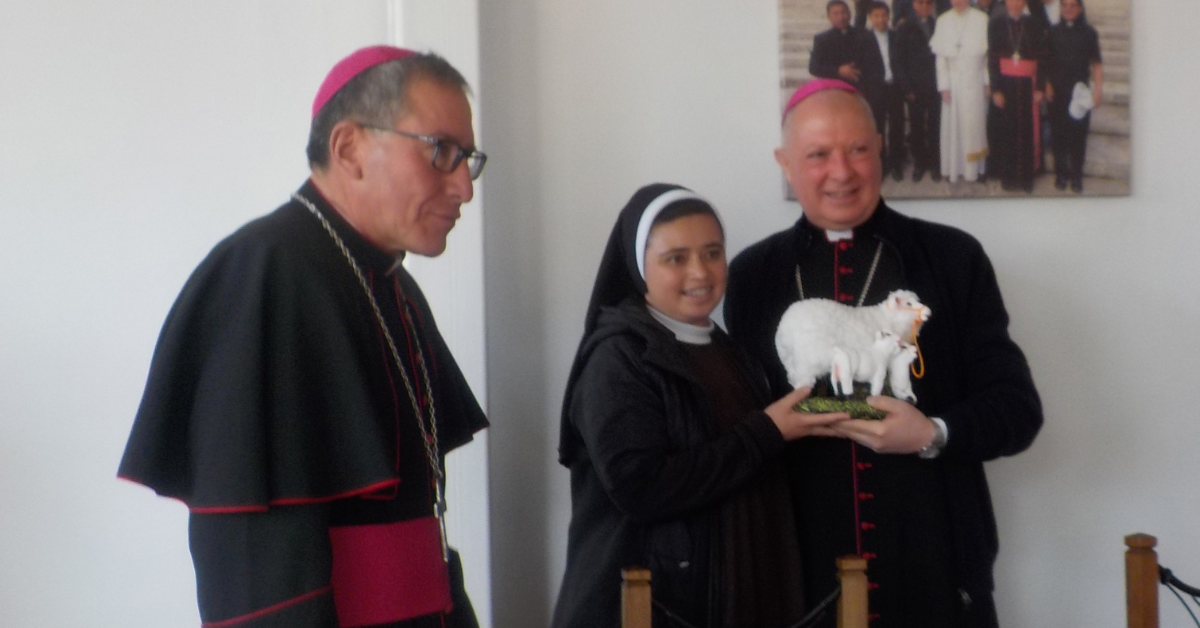
Apostolic Nuncio from the Vatican, Bishop Paolo Rocco Gualtieri, visits our sister Diocese of Sicuani
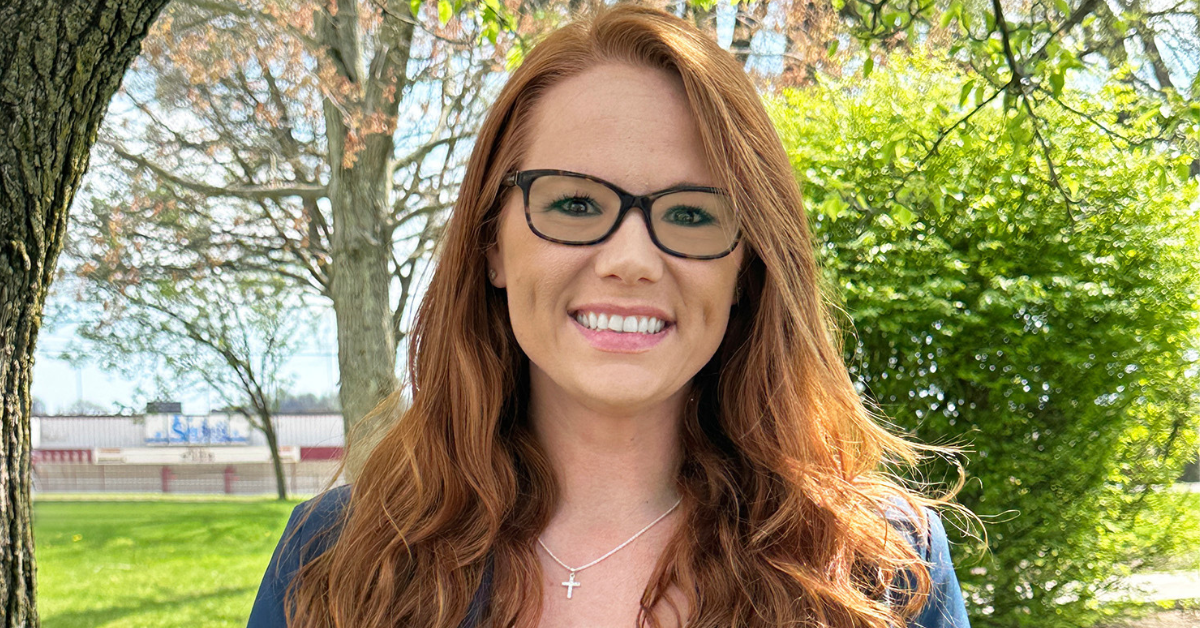
DeMarco announced as Assistant Principal at Greensburg Central Catholic Junior-Senior High School
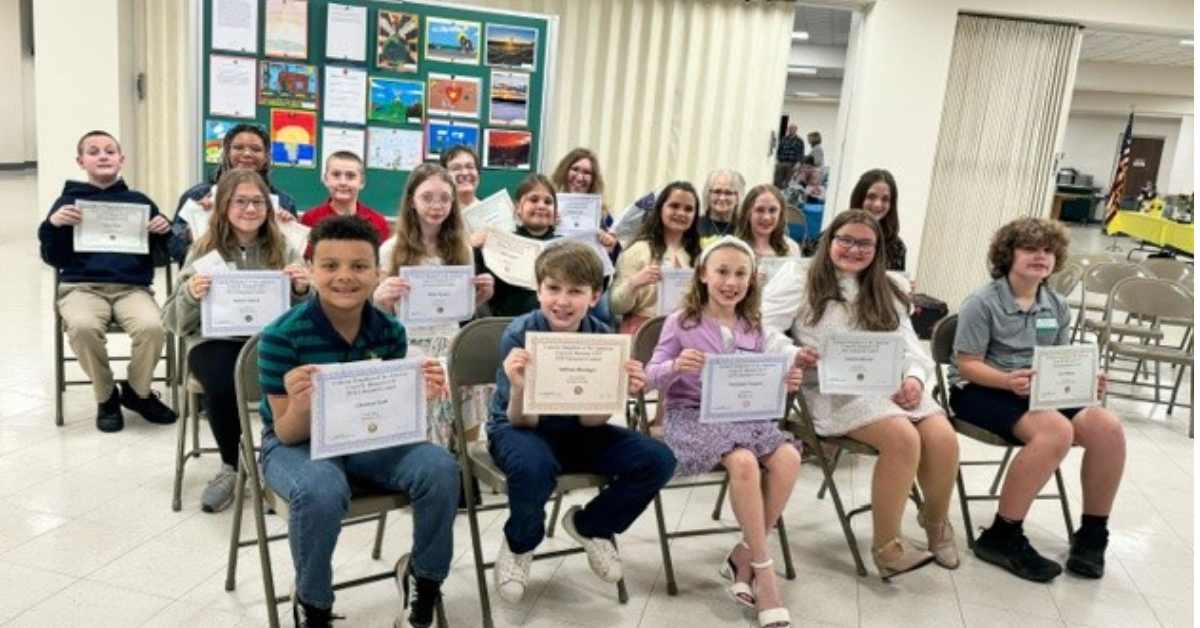
Catholic Daughters of the Americas, Court St. Bernard Education Contest Awards
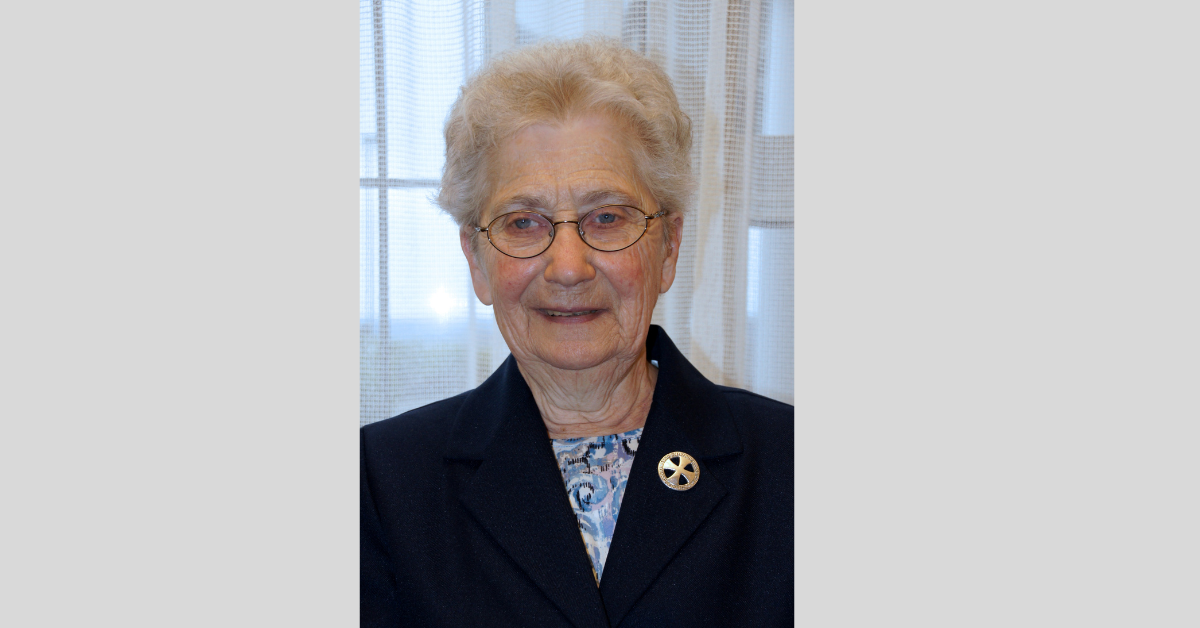
Sister Mary Jean Petrarca, SC, age 91, entered eternal life April 19, 2024 in her 72nd year of religious life
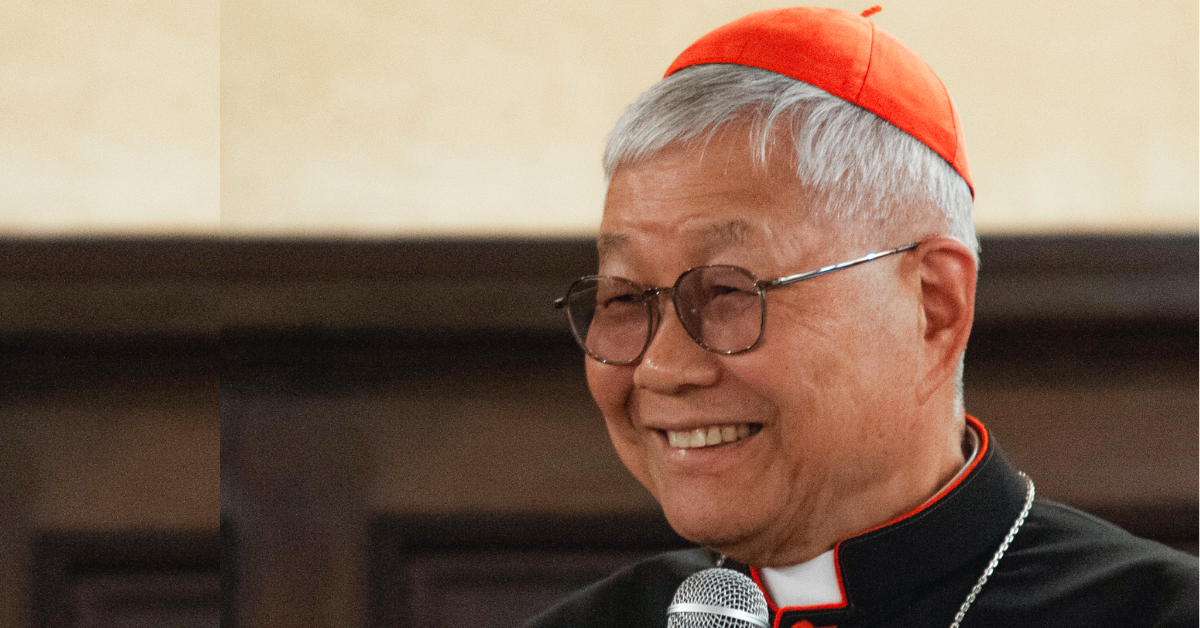
Cardinal: Vocation is call to happiness; right path is discerned in prayer

Catholics Participating in National Eucharistic Pilgrimage and the National Eucharistic Congress Have Opportunities to Receive Plenary Indulgences

New Survey of Men Being Ordained to the Priesthood Underscores the Significant Influence of Parents on Children’s Vocational Discernment
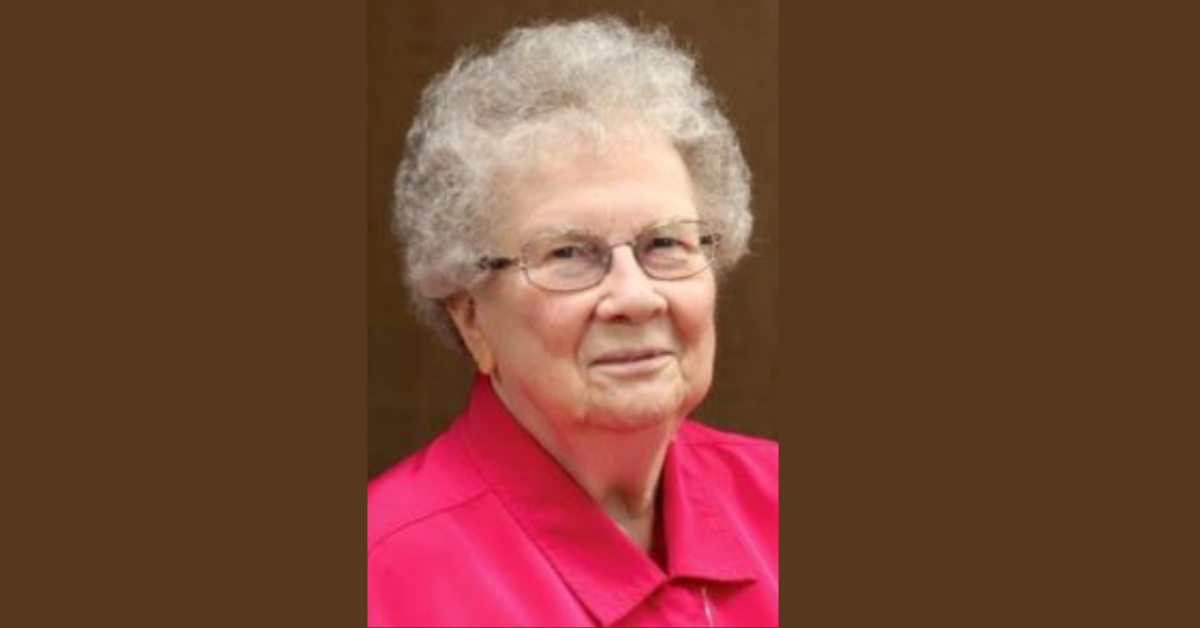
Sister Grace Snyder, a Sister of Saint Francis of the Neumann Communities – Millvale, after 76 years of religious life.

Diocese, Saint Vincent Seminary's IMF partner for formation program
